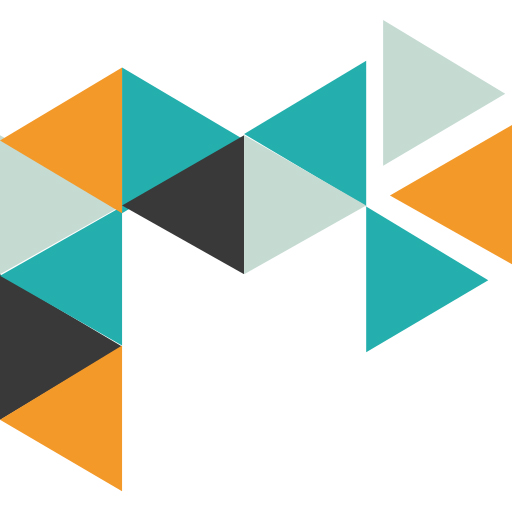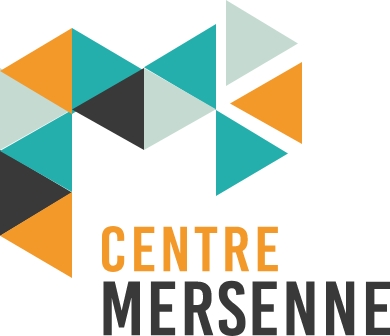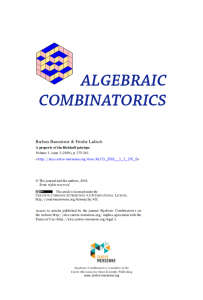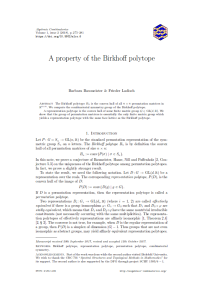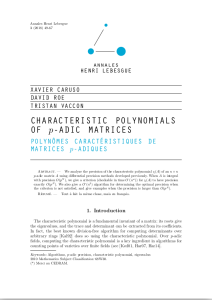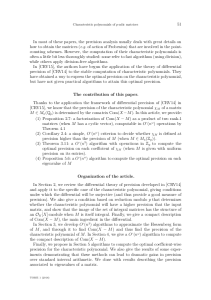Publishing
Upon acceptation, the journal will benefit from the services associated to Publication: online publishing, visibility and interoperability and long-term preservation and included in the Maintenance Service.
Online Publication
Creation and maintenance of a personalised website for the publication
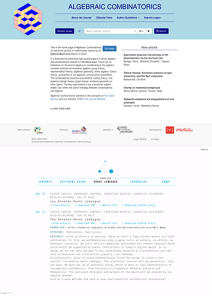 The centre Mersenne creates for each member journal a customised website, according to the editorial team wishes.
The centre Mersenne creates for each member journal a customised website, according to the editorial team wishes.
We take care of the form: we adapt the model (we can propose you models or you come with your own).
You take care of the content: each website comes with a very userfriendly CMS that will enable you to easily admin your content.
The centre Mersenne hosts and maintains the publication’s website.
Creating a LaTeX template for your publication
A LaTeX layout will be created according to the visual identity of the publication, even if your journal mainly deals with Word format.
The LaTeX model uses the cedram class and the cedrics tools for a good integration on the Mersenne platform.
Existing systems for journals currently being produced are on a dedicated page.
Existing systems for authors are on a dedicated page.
Visibility and interoperability
DOI attributions
A DOI (Digital Object Identifier) will be automatically assigned to each published document. The DOI is a unique identifier that enables long-term identification and the production of more reliable and durable citations, such as https://doi.org/10.5802/aif.3183. http://doi.org/10.5802 (=Mersenne prefix common to all articles)/suffix depending on the journal.
This service is offered via Crossref.
Inserting links
For each article reference put online by the centre Mersenne or cited by one of these articles, the associated identifiers are periodically searched in several databases automatically. A text-mining tool automatically detects and enriches bibliographic references. Les services interrogés périodiquement sont : Crossref, MathSciNet, ZbMath, …The services surveyed periodically are: Crossref, MathSciNet, ZbMath…
Indexing help
The centre Mersenne helps editorial teams to improve their presence in scientific databases and search engines.
All journals published by the centre Mersenne are indexed in the following databases and search engines: BASE, Core, Mir@bel, OpenAire, Unpaywall, Google Scholar, The Lens, Semantic Scholar, Dimensions, OpenAlex, Matilda, and Open Policy Finder (formerly Sherpa Romeo). We use the OAI-PMH protocol to transmit journal metadata.
Mathematics journals are also indexed on Mathscinet and zbMATH.
In addition, we encourage journals hosted on our platform to apply to DOAJ and Free Journal Network (for those that fall within the scope of these databases) We have also developed tools to enable journals to apply quickly and easily. For example, we provide each journal that requests it with a pre-filled table containing the answers required to apply to DOAJ. All the journal team has to do is check, complete the fields if necessary, and apply.
In addition, we provide personalised support to journals that request to be indexed on specific databases: DOAJ, Free Journal Network, ADS-NASA, Scopus, Web of Science, etc. Each journal remains free to choose its indexing databases, whether free or paid.
In addition, we are working on creating/completing data on Wikidata: for each journal, we are creating links to reference databases. We are also updating the list of publishers of centre Mersenne journals in the ROR (Research Organisation Registry).
Finally, the centre Mersenne is active on social media: Mastodon, Bluesky, and LinkedIn, where it shares the latest news about the platform and the journals.
Long-term Archiving
Automatic archiving
The centre Mersenne has subscribed to the CLOCKSS permanent archiving solution: all the content of a Publication is automatically archived via CLOCKSS
CLOCKSS is a non-profit organisation that archives the contents of publications and guarantees to make them freely accessible in the event of the publisher’s bankruptcy, the withdrawal of a title’s online databases, the deletion of its archives or the disappearance of the centre Mersenne.
The centre Mersenne gives the CLOCKSS solution controlled access to all its preservation content.
Automatic transfer to digital archives/libraries
The entire content of a publication is deposited in discipline-specific archives, where they exist.
Ex. for mathematical content, Numdam, the French digital mathematics library.
The centre Mersenne encourages author self-archiving of all content. All the publications members of the Centre Mersenne do accept authors self-archiving (see SHERPA/RoMEO).
